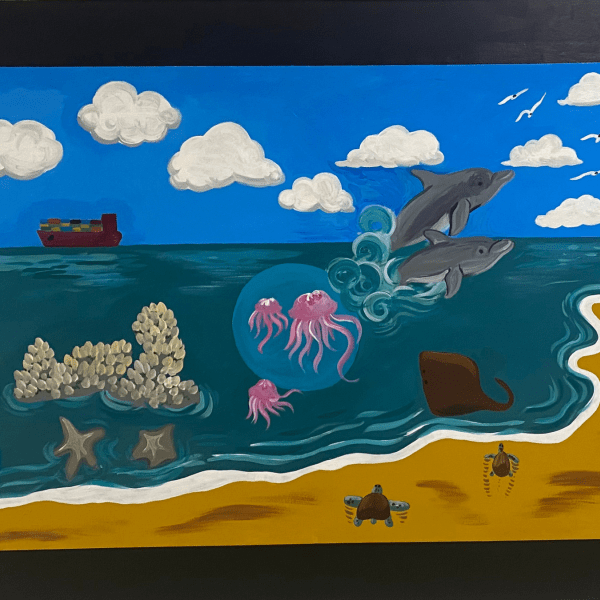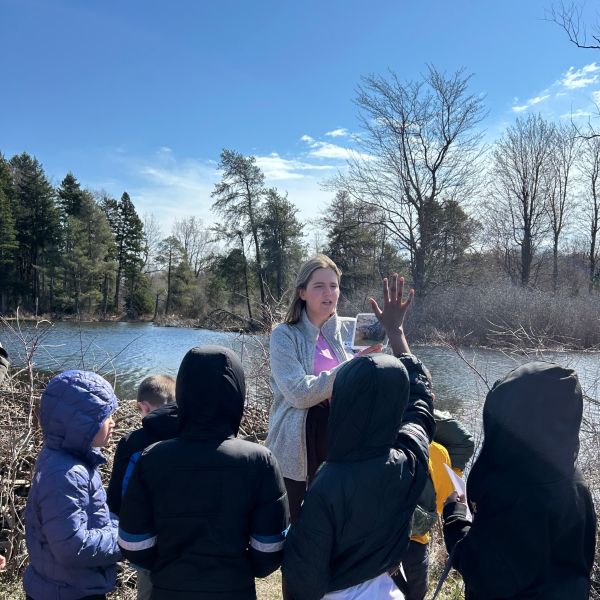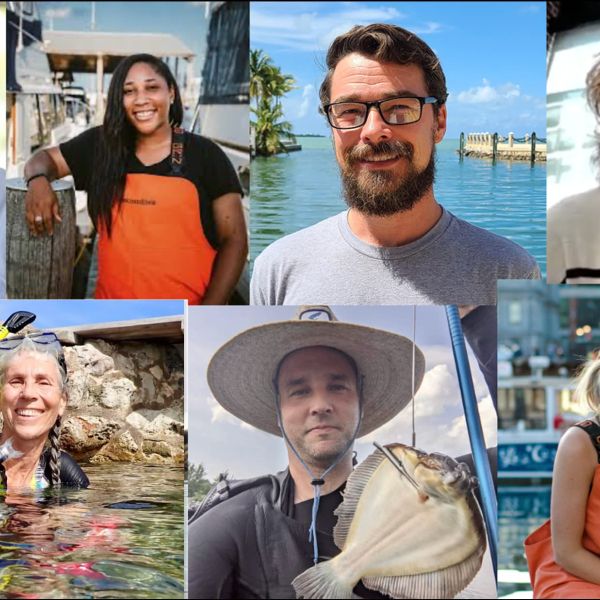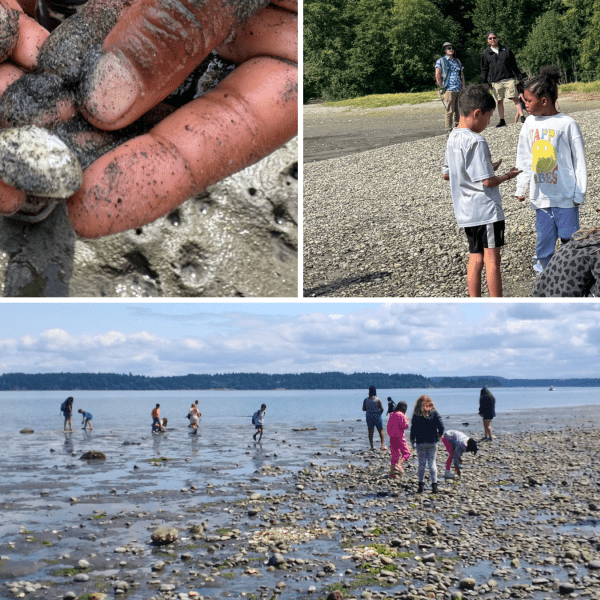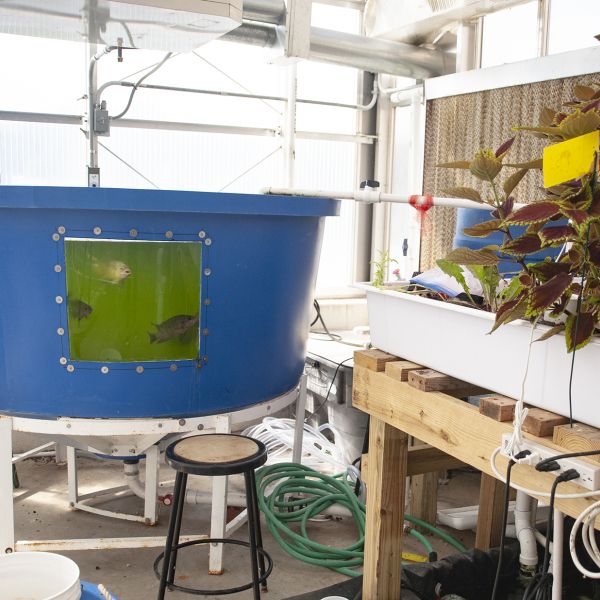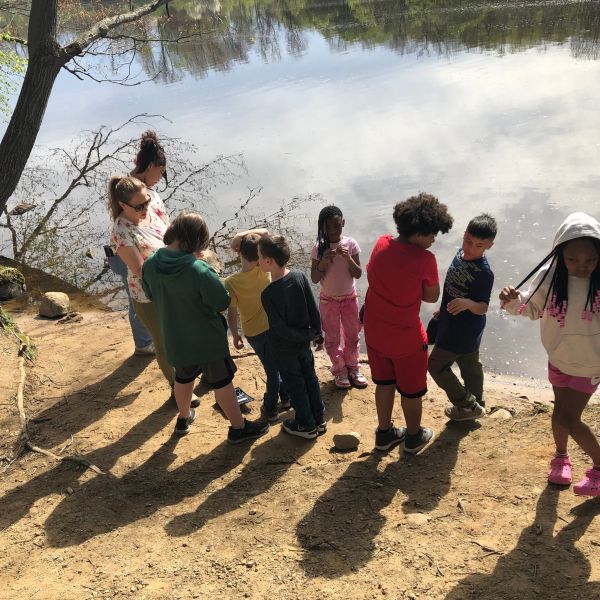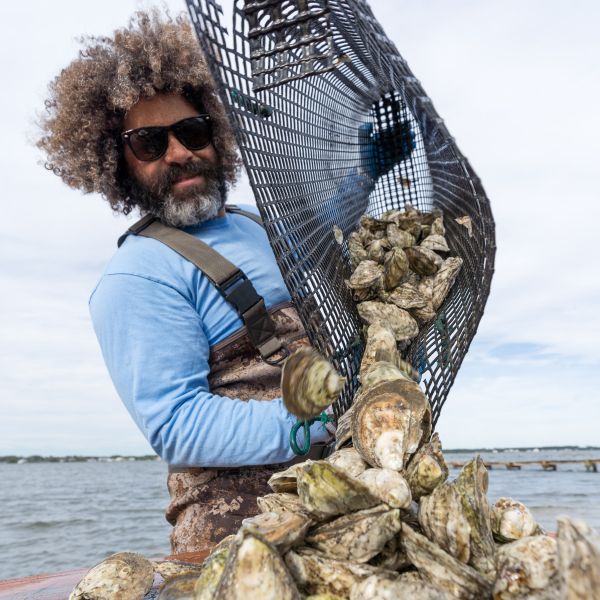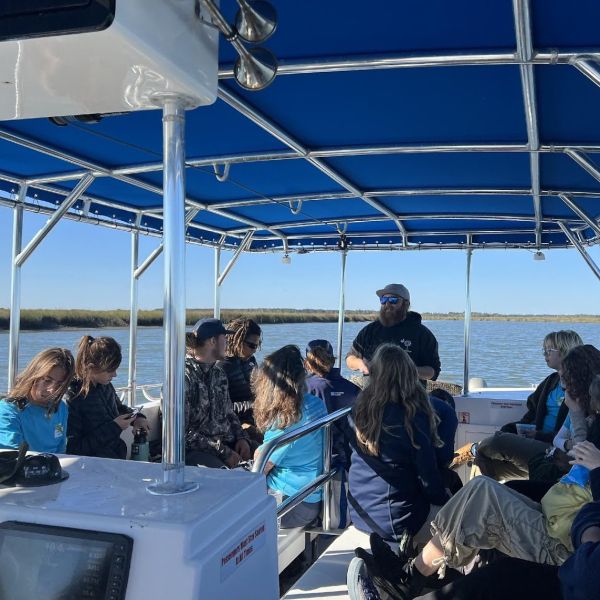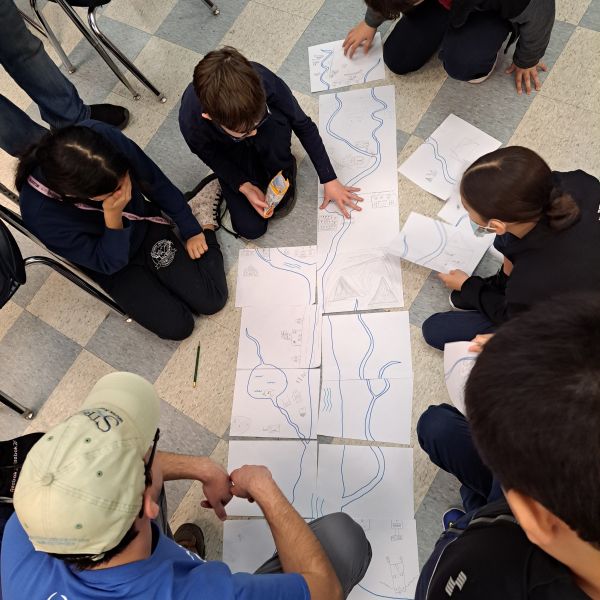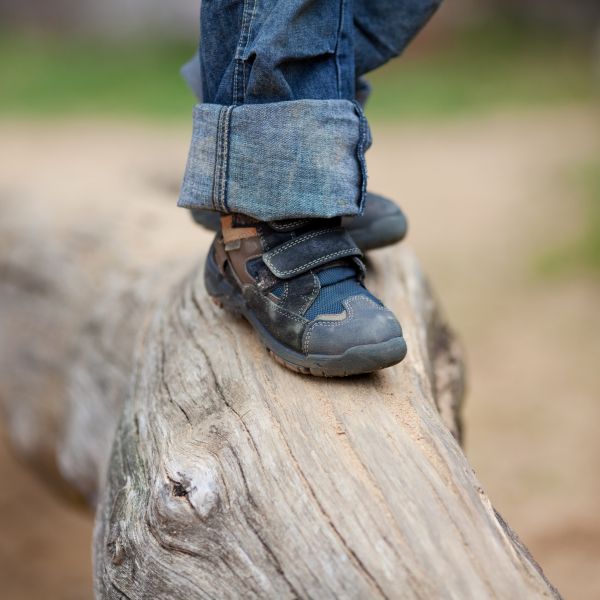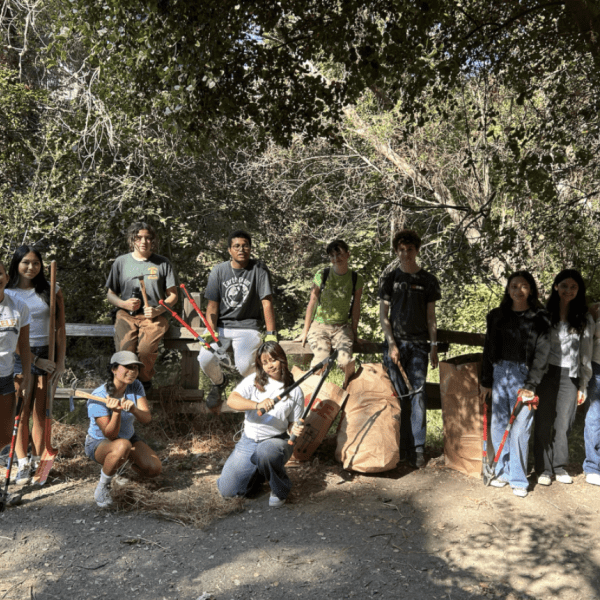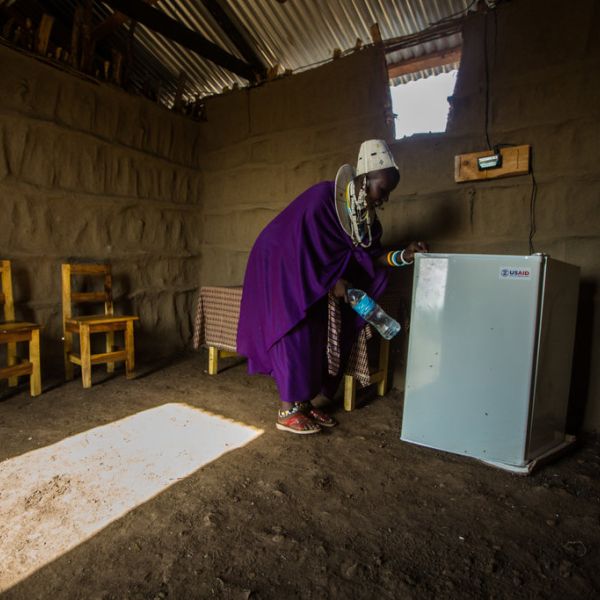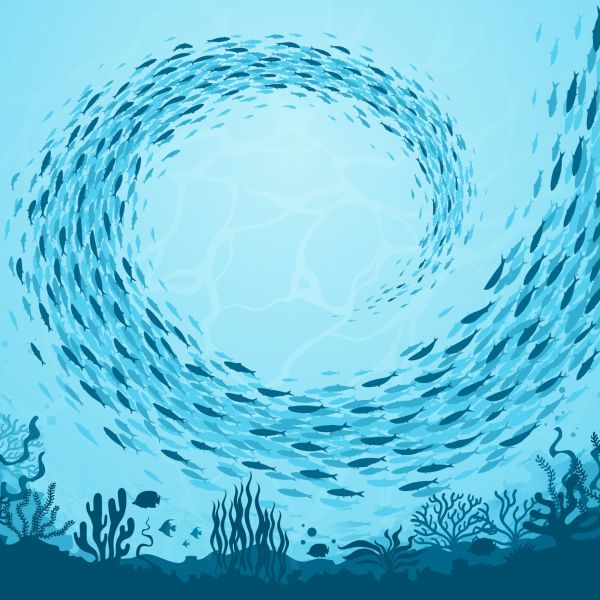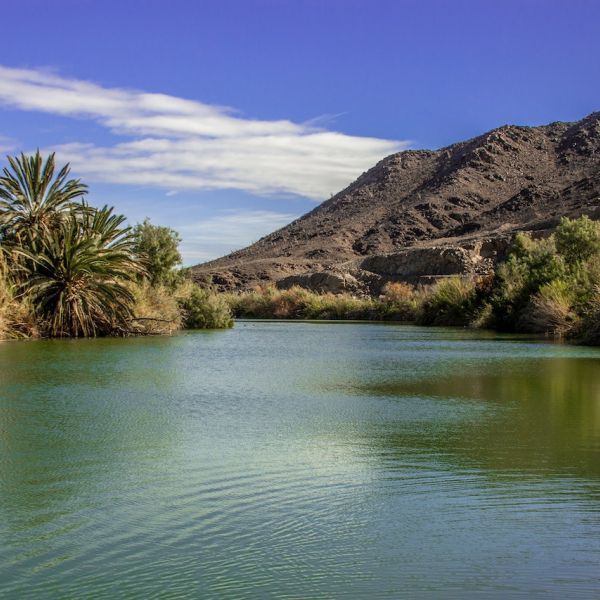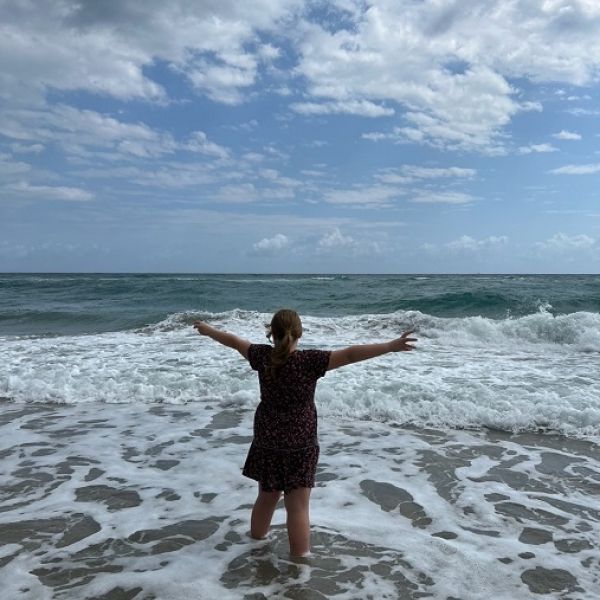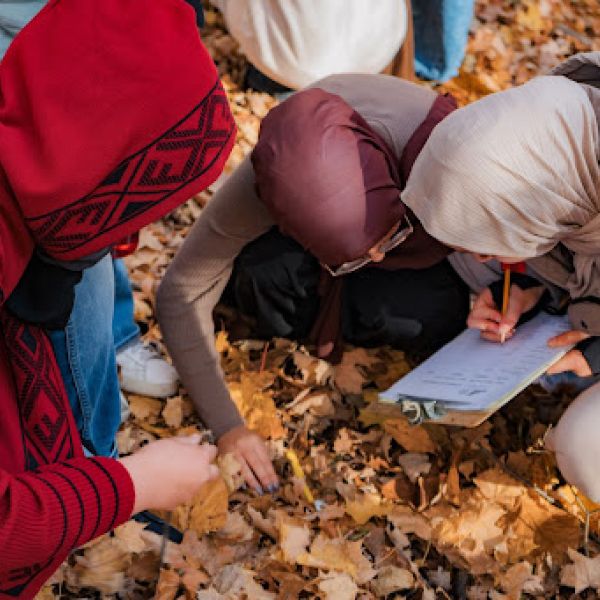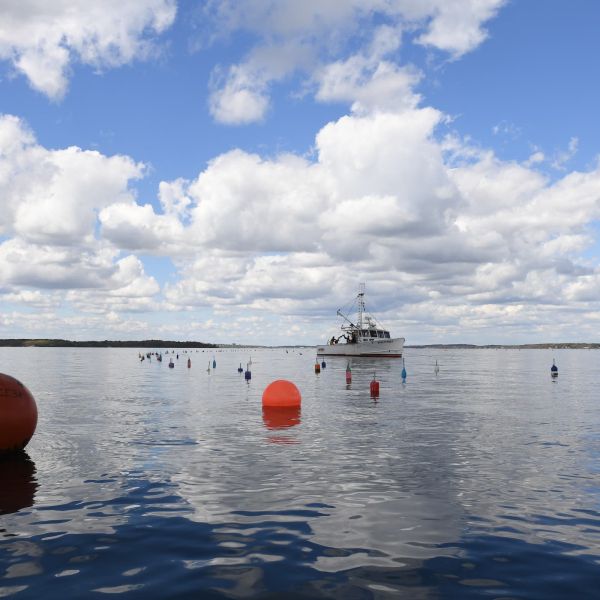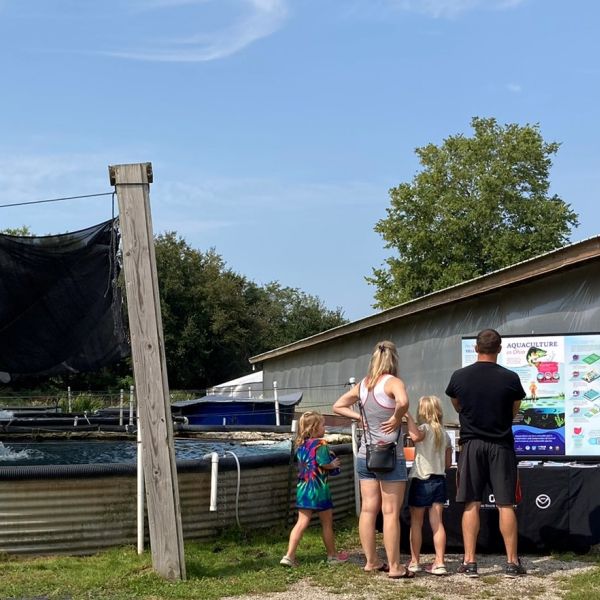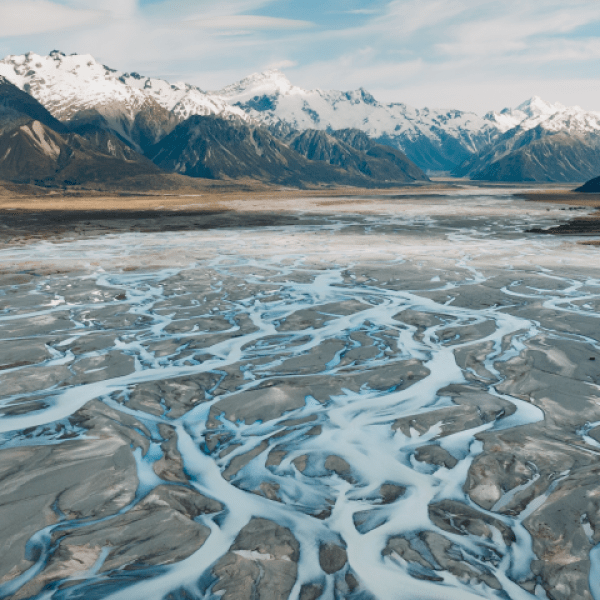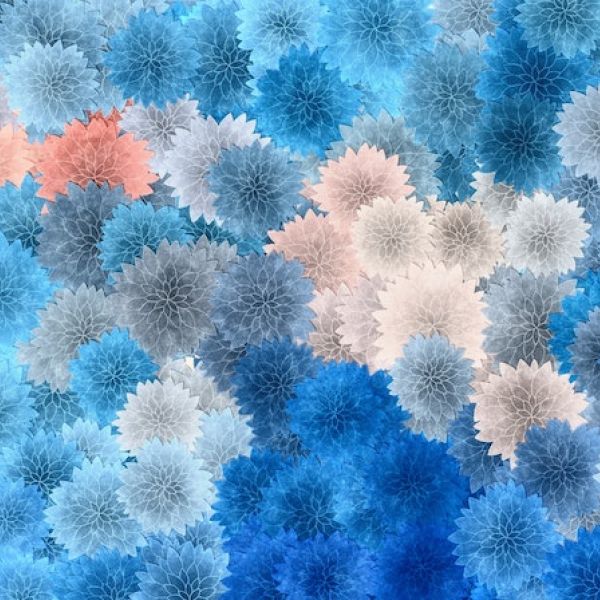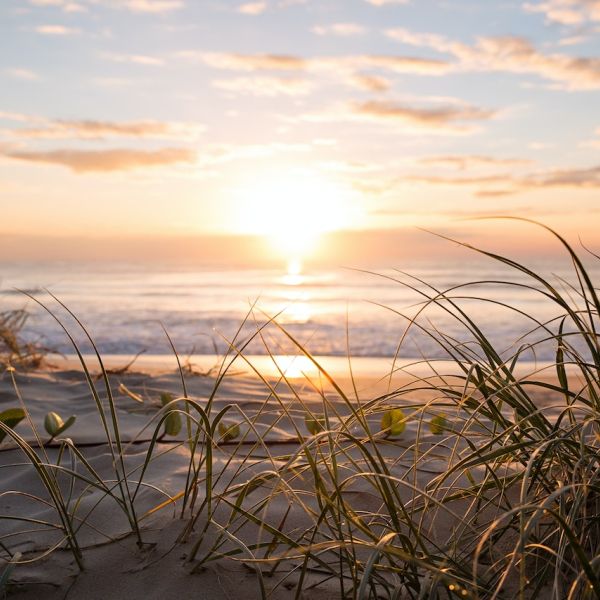
Blog

-
A hurricane hit the habitat preserve surrounding a small Texas school, but Artist Boat turned repair into real learning. With support from the eeBLUE 21 CCLC Watershed STEM Education Partnership Grant, students saw resilience firsthand and discovered why their coastal ecosystem needs them.
-
"What creek?" became "our creek" after ten weeks of learning. Engaging young students in their local watershed through field trips, water testing, and storytelling transformed a forgotten waterway into a shared stewardship. Get the full story in the latest education of the eeBLUE Watershed…
-
Made possible through the eeBLUE Aquaculture Literacy Mini-Grant, the Get Aquacultured! podcast dives into the systems, stories, and people behind modern aquaculture, served with saltwater charm.
-
Read how hands-on science, beach explorations, and after-school activities helped students connect their daily lives to the health of Puget Sound in our eeBLUE Watershed Chronicles.
-
Nineteen days and a summer full of campers. Through an eeBLUE grant, ShoreRivers and Caroline County Recreation and Parks built stronger partnerships to provide unforgettable learning experiences for 60 fifth-graders.
-
Learn about the development of an educator's guide for planning aquaculture systems in more traditional classroom settings, created through a partnership between the National Council for Agricultural Education and Maryland Sea Grant and supported by the eeBLUE Aquaculture Literacy Mini-Grants…
-
Through an eeBLUE Watershed STEM Education Partnership grant, students tested water quality, kept nature journals, and explored the science in their own backyards. Read our latest Watershed Chronicles to see how hands-on learning keeps curiosity flowing.
-
North Carolina Oyster Month is coming! From community storytelling to hands-on learning, aquaculture is equipping educators with the skills to lead in classrooms and in conversations across their communities. Read our latest in eeBLUE's Harvest Stories.
-
The South Carolina Aquarium Teen Conservation Crew is empowering high school students to tackle climate change through hands-on conservation and aquaculture education. Supported by the eeBLUE Aquaculture Literacy Mini-Grants Program, crewmates explored oyster farming’s ecological benefits firsthand…
-
What do a sponge and an ice cube tray have to do with tree science? Students in Stroud Center's after-school programming are making surprising and fun connections within the world of watershed education. Read the full story in the latest Watershed Chronicles, a blog series by, about, and for…
-
Through exciting hands-on experiences like investigating the quality of their local waterways and participating in a stewardship project, students in the School Grounds to Sound program discover new possibilities in the natural world. Read more in this new post of the Watershed Chronicles series.
-
For Earth Team interns, addressing the challenges of the 21st century starts right at home. Read the inaugural post of eeBLUE's Watershed Chronicles to learn how Earth Team is partnering with local government agencies and organizations to deliver impactful projects to high schools across California.
-
As global demand for natural resources rises, balancing extraction with environmental conservation is crucial. Musa Kondeh explored the link between mining and freshwater ecosystems during an 8-week conservation externship with the National Geographic Society and the Nature Conservancy.
-
In this newly revised post, EE 30 Under 30 Leader Mariam Kabamba discusses how climate change, hunger, and education converge and introduces four environmental educators working toward solutions.
-
Dive into the 5-year partnership between the NOAA Office of Education and NAAEE, and learn about the significant strides made in environmental literacy. Explore the objectives, outcomes, and lessons learned from this initiative.
-
In the face of anxious times, guest writer Holly Thomas-Hilburn blends faith-based traditions and nonformal education to provide a service about the Colorado River.
-
eePRO Group Moderator Donna Goodman promotes inclusive education on water, urging a cross-sectoral approach for a sustainable future.
-
Guest writer, Shazia Ghafur, examines Islam's connection with the environment and reflects on her role as an environmental scientist.
-
In this Harvest Stories, Jesse Baines of Atlantic Sea Farms shares how a team of kelp farmers use education to positively impact coastal communities as climate change makes landfall and wild fisheries are disrupted in Maine.
-
Plangnan Damshakal, founder of the Eco Friendly Africa Initiative, details climate change impacts in the Sahel region.
-
Dive into the story of an Ohioan partnership linking people and small businesses across the state through education, and follow the yellow perch's journey from source to plate in the latest Harvest Stories.
-
CEE-Change Fellow Eileen Boekestein poetically expresses how the environmental education career journey isn't a pipeline, but a braided river of ever-changing entry points.
-
We truly appreciate the collective exchange of ideas each of the presenters and keynote speakers facilitate and champion at the NAAEE Annual Research Symposium and Conference. In this post, we're amplifying sessions at NAAEE2022 that center Native voices, culture, and knowledge.
-
NOAA’s Environmental Literacy Program is excited to announce that it is funding nine new projects that will use education to build the foundation for resilience to weather and climate hazards.
